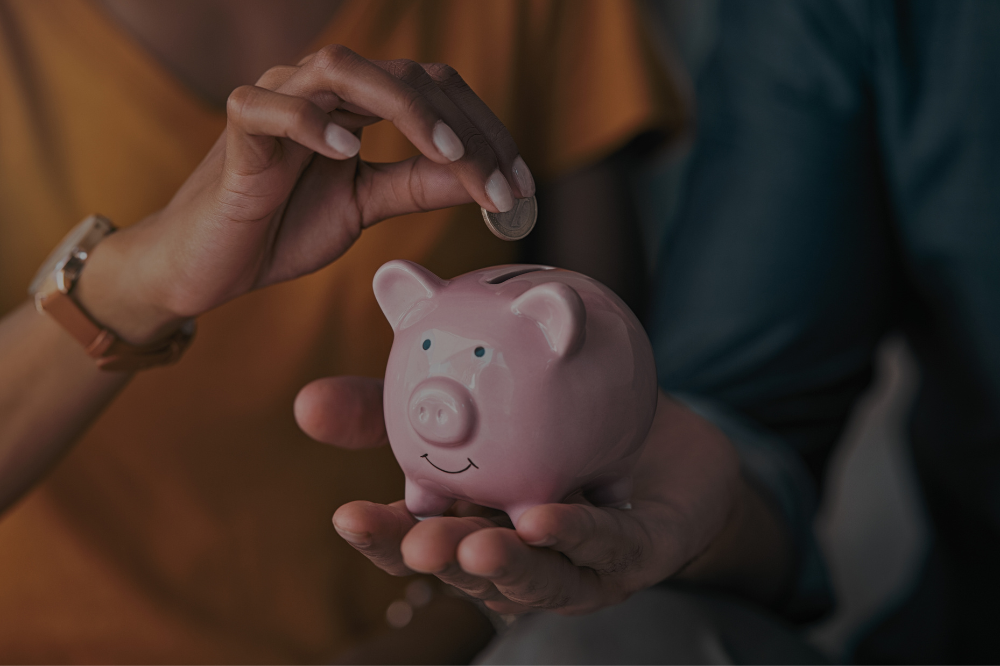Find out how much you should have in emergency savings, as some experts point out the possibility of a recession!
As economic uncertainty looms, financial advisors offer guidance on how much cash you should have in reserve for emergencies, such as a recession, which can provide some help considering that almost to 60% of Americans now feel uneasy about their emergency savings – a jump from 48% in 2021, according to an annual survey by Bankrate, which polled over 1,000 U.S. adults in May.
Although the economy grew in the second quarter, 59% of Americans believe the U.S. is currently in a recession, according to a June survey of 2,000 adults conducted by Affirm. In August, Goldman Sachs and JP Morgan adjusted their recession predictions, while other experts still foresee that the Federal Reserve’s policies may avoid triggering a full downturn.
However, no matter what the economic outlook is, having emergency savings is crucial. This money acts as a buffer against unexpected expenses, like job loss or medical emergencies. So, how much should you set aside? Here’s what financial experts suggest.
Dual-Income Households: Save at Least Three Months’ Expenses
For families with two income streams, a general rule is to have at least three months of living expenses saved, according to certified financial planner Greg Giardino, vice president at Wealth Enhancement Group in Oakland, New Jersey.
This guideline can be adjusted based on the stability of your income. For example, if one or both earners have an unpredictable income, like a commission-based salary, they may need to save more compared to someone with a more stable job, like a tenured professor.
Single-Income Households: Aim for Six Months or More
For individuals or families relying on a single income, financial advisors recommend saving at least six months’ worth of expenses. Having a larger cash cushion can provide extra flexibility if faced with a job loss or economic hardship. Douglas Boneparth, a certified financial planner and president of Bone Fide Wealth in New York, suggests saving six to nine months of expenses for these households.
Catherine Valega, a Boston-based certified financial planner and founder of Green Bee Advisory, takes a more conservative approach. She advises single-income households to save 12 to 18 months’ worth of expenses in safe, easily accessible accounts. While the Federal Reserve may begin lowering interest rates in September, Valega noted that investors can still benefit from high-yield savings accounts in the meantime.
Entrepreneurs: Save Up to One Year of Expenses
Entrepreneurs and small business owners with variable incomes may need even larger emergency funds – about 8 to 12 months of expenses, says Giardino. Ultimately, the right amount of emergency savings depends on your personal situation and the specific needs of your family or business. Having a solid financial cushion can help you weather whatever economic challenges come your way.

